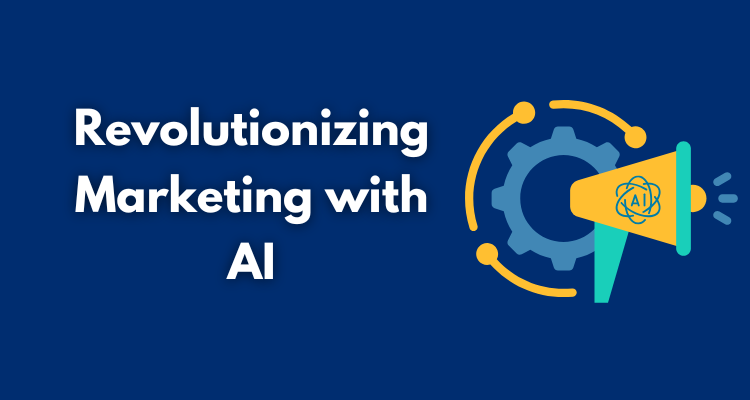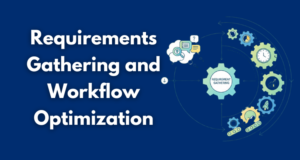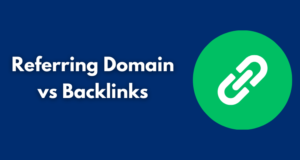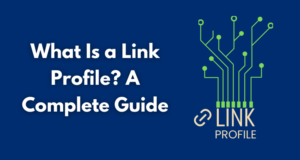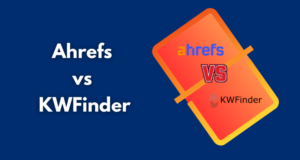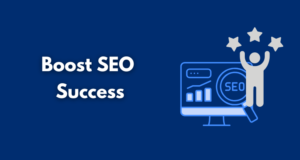In 2025, artificial intelligence is no longer a futuristic concept in the marketing world—it is the engine driving the most effective, scalable, and personalized campaigns.
AI is transforming how brands interact with consumers, making it possible to analyze behavior, predict trends, generate content, and even simulate personalities. What was once the domain of massive enterprises with dedicated tech teams is now accessible to smaller brands and solopreneurs.
Tools like create AI influencer are leading the charge by empowering users to build fully personalized virtual personas that can engage with target audiences on social media, automate brand storytelling, and create emotional resonance without the constraints of human availability or fatigue.
These virtual influencers are not just digital mascots—they are data-driven brand assets, capable of building trust and authority at scale.
Table of Contents
ToggleKey Functions of AI in Modern Marketing
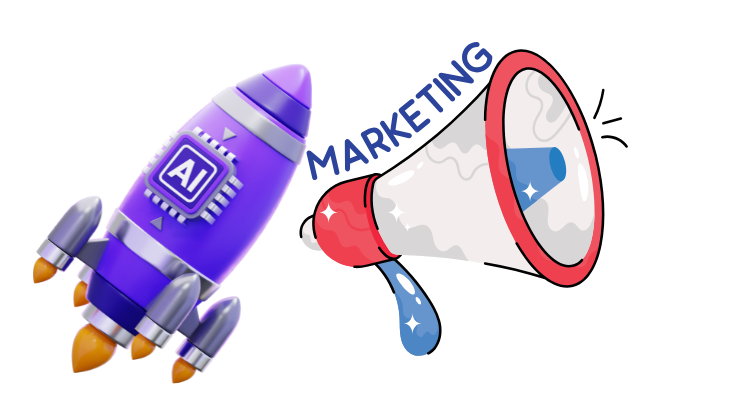
Artificial intelligence plays a wide range of roles in marketing today, each tailored to streamline decision-making, automate repetitive tasks, and increase campaign ROI.
The applications range from backend operations like data processing and trend prediction to frontend functions like ad generation, chatbot management, and influencer marketing. The list below highlights the most impactful ways AI is being implemented in modern marketing strategies:
- Content Creation. AI tools can generate blogs, social media posts, product descriptions, and ad copy tailored to specific audiences.
- Customer Segmentation. Algorithms analyze demographic and behavioral data to group customers into actionable segments.
- Predictive Analytics. AI forecasts customer behavior, helping marketers anticipate needs and time their outreach effectively.
- Email Personalization. From subject lines to product suggestions, AI enables hyper-personalized email campaigns.
- Chatbots and Virtual Assistants. These tools handle customer support, upsell products, and qualify leads around the clock.
- Visual Recognition. AI detects logos, products, or even user mood in images, allowing for more context-aware campaigns.
Each function mentioned above plays a vital role in optimizing the customer journey. For instance, AI-generated content reduces the dependency on human writers for high-volume campaigns, enabling brands to stay active across multiple channels.
Meanwhile, real-time segmentation allows for delivering the right message to the right user at the most opportune moment, improving conversion rates and reducing ad waste.
By integrating these AI functions, businesses can create systems that adapt dynamically to consumer behavior rather than operating on static, outdated models.
Overview of AI Marketing Tools and Their Capabilities in 2025
| AI Tool Type | Description | Common Use Cases | Notable 2025 Trends |
| Generative Content Platforms | Produce text, visuals, and videos based on input prompts | Blogs, ads, social content, SEO | Integration with CRM systems |
| Predictive Analytics Engines | Forecast user behavior and campaign performance | Budget allocation, conversion prediction | Real-time dashboards |
| AI-Driven CRMs | Automate lead scoring and customer interactions | B2B nurturing, loyalty programs | Embedded generative assistants |
| Social Listening Tools | Track brand mentions, sentiment, and competitor activity | Reputation management, trend analysis | Multilingual sentiment parsing |
| Virtual Influencer Builders | Create branded AI personas for content and engagement | Influencer campaigns, storytelling, and brand identity | Hyper-realistic visual rendering |
This table demonstrates how AI is no longer a monolithic entity but a set of integrated, modular systems that marketers can deploy based on campaign goals.
For example, while a small startup might use generative content platforms for affordable ad creation, a global brand may combine virtual influencer tools with social listening and AI-CRMs to maintain a 360-degree engagement strategy.
Particularly noteworthy is the rise of virtual influencer builders, which enable brands to create AI influencer characters who embody the tone, values, and aesthetic of a company, delivering a human-like touch at a fraction of the cost and complexity of managing real influencers.
Many marketing teams are now turning to influencer marketing software to manage campaigns more efficiently, combining analytics, performance insights, and fraud detection in a single solution.
Challenges in AI-Powered Marketing
Despite the tremendous benefits, implementing AI in marketing comes with significant considerations and limitations. Many organizations struggle with model transparency, ensuring that AI decisions (e.g., which leads are scored high or which content gets prioritized) are explainable to both marketers and regulators.
Data privacy is another looming challenge, especially in the wake of global regulatory frameworks like GDPR, CPRA, and the new AI Act in the EU. Furthermore, AI can sometimes generate generic or inaccurate outputs if not trained on domain-specific datasets, which can harm brand credibility rather than help it.
Scalability also poses issues—not every business has the resources to fine-tune models or invest in data infrastructure. This is where no-code platforms and AI-as-a-Service models step in, providing plug-and-play solutions that dramatically lower the barrier to entry.
But even then, human oversight remains crucial. The most successful campaigns are those where human creativity and AI efficiency work hand-in-hand, rather than relying solely on automation. Training staff to think like AI “conductors” rather than just users will become a key skill set in the coming years.
Beyond Automation—The Age of Adaptive Storytelling
The implementation of AI in marketing is not merely about automating workflows or reducing costs—it’s about changing how we tell stories, connect with audiences, and evolve brands in real time.
As tools like Pykaso.ai empower creators to invent entire influencer personas and automate branded storytelling with uncanny precision, we are entering an era where brand identity becomes both scalable and emotionally intelligent.
The fusion of data, creativity, and machine learning opens up a marketing universe that adapts faster than ever, without losing its human touch. In this new paradigm, the most successful marketers won’t be those who replace people with AI, but those who co-create with AI, building campaigns that feel alive, dynamic, and deeply personal.

